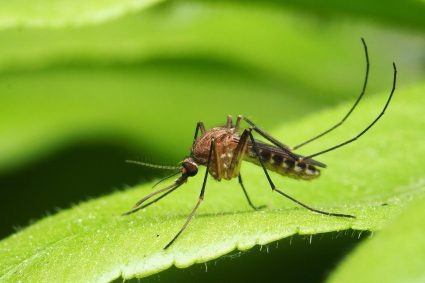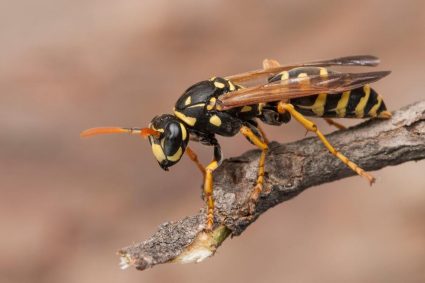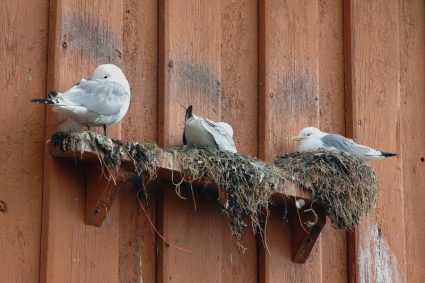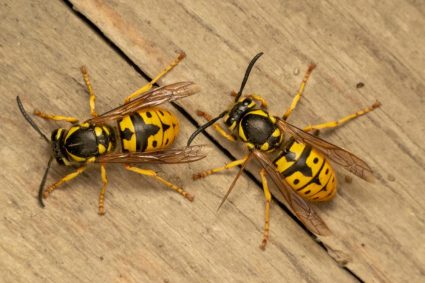
Chipmunks, with their adorable striped backs and chubby cheeks, can seem like a cute addition to any garden. However, these small rodents can cause significant damage to your yard, eating bird seed, bulbs, fruits, and young plants, and digging burrows that can damage your lawn and garden structures. Fortunately, there are a variety of natural deterrents that can help keep these critters at bay.
Natural deterrents for chipmunks include certain plants like daffodils, marigolds, alliums, and lavender; essential oil-based repellent sprays; maintaining a tidy yard; homemade repellents made from ingredients like garlic and hot peppers; and ultrasonic devices. However, the effectiveness of these deterrents can vary, and it may be necessary to use a combination of these methods for effective control.
Natural Deterrent Plants
Certain plants, due to their strong scents, act as natural repellents for chipmunks. These include:
- Daffodils: Chipmunks tend to avoid daffodils because the plant contains a compound called lycorine, which is toxic to many animals.
- Marigolds: The strong fragrance of marigolds can deter chipmunks.
- Alliums: This family of plants includes onions, garlic, and chives, all of which have a strong scent that chipmunks dislike.
- Lavender: Lavender’s strong and distinct scent can keep chipmunks away.
The effectiveness of these deterrents can vary, and they may not completely eliminate chipmunks from your garden. Therefore, it’s best to use a combination of these plants for the most effective chipmunk control.
Natural Repellent Sprays
Several essential oils, including clove, lemon, peppermint, cinnamon, and eucalyptus, can be used to create a natural chipmunk repellent spray. These oils can be mixed with water and sprayed around your garden to deter chipmunks. Sprinkling cayenne pepper, chili powder, or other hot spices around your garden can also help discourage chipmunks from hanging around.
Tidying Up The Yard
Maintaining a tidy yard can also deter chipmunks from making themselves at home. Remove leaf piles, piles of stones, and firewood that chipmunks can use for hiding. Trim tree branches to prevent chipmunks from climbing and reaching bird feeders or your roof.
Homemade Repellents
Homemade repellents can be made using ingredients like garlic, hot peppers, water, liquid soap, and oil. These repellents can be sprayed in areas where chipmunks are active. However, they must be reapplied regularly, especially after rain.
Ultrasonic Devices
Ultrasonic devices emit vibrations and sounds that unsettle chipmunks and can keep them away from your garden. These devices are non-toxic and do not harm the chipmunks, making them a humane method of control.
Conclusion
While natural deterrents can be effective in deterring chipmunks, their success can vary. It may be necessary to use a combination of methods and regularly monitor your garden for any signs of chipmunk activity. If chipmunks continue to be a problem, consider contacting a professional pest control service. Remember, while chipmunks can be a nuisance, they also play an essential role in our ecosystem by dispersing seeds and aerating the soil with their burrowing activity. Therefore, it’s important to use humane and environmentally friendly methods to control them.
Frequently Asked Questions
How often should I spray the natural repellent?
The frequency can vary, but generally, natural repellent sprays should be applied once a week. However, if it rains, you may need to spray your garden again as the rain can wash away the repellent.
Can I use these methods for other pests in my garden?
Yes, many of these methods can also be effective for deterring other garden pests. For example, marigolds can deter rabbits and deer, while the strong scents of garlic and onions can deter a variety of pests.
Are ultrasonic devices safe for other pets like dogs and cats?
Most ultrasonic devices are designed to be safe for pets. They typically operate at frequencies that are uncomfortable for rodents but are inaudible to humans and most pets. However, it’s always a good idea to check the specific product information to ensure it’s safe for your particular pets.
Will tidying up my yard affect the other wildlife?
Maintaining a tidy yard can help deter chipmunks, but it shouldn’t significantly impact other wildlife. Many birds and beneficial insects prefer gardens with a variety of plants and habitats. However, if you remove too many natural hiding places, it could potentially impact some species. It’s all about balance.
How do I apply the homemade repellents?
Homemade repellents can be applied with a spray bottle. Simply fill the bottle with your repellent mixture and spray it in areas where you’ve seen chipmunk activity. Be sure to reapply regularly for the best results.











